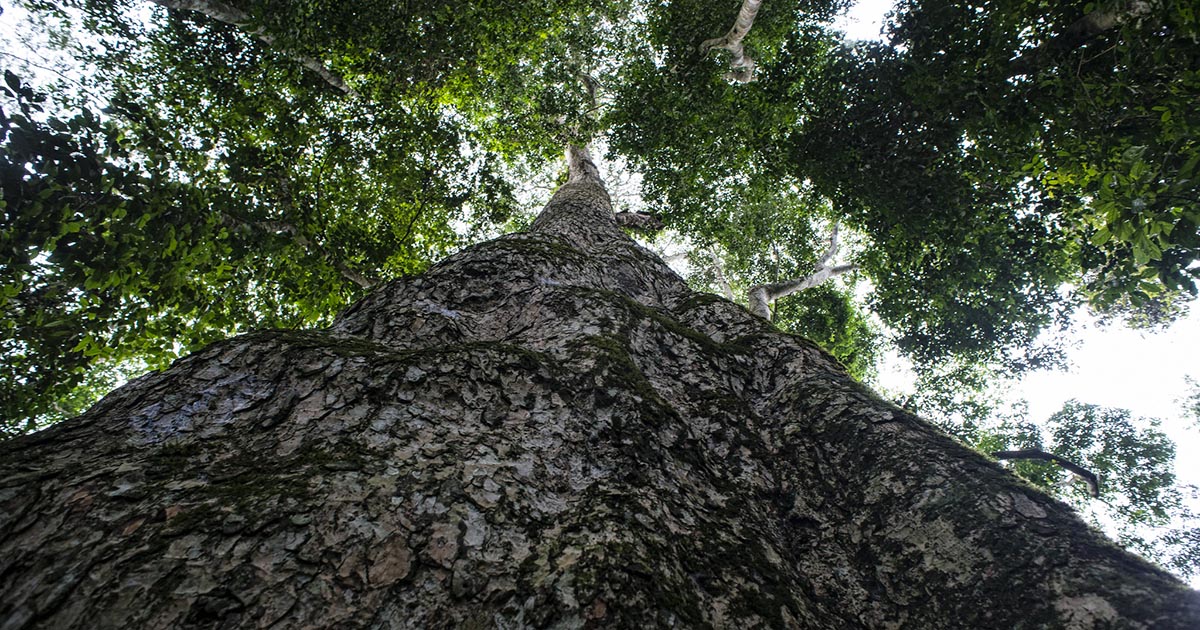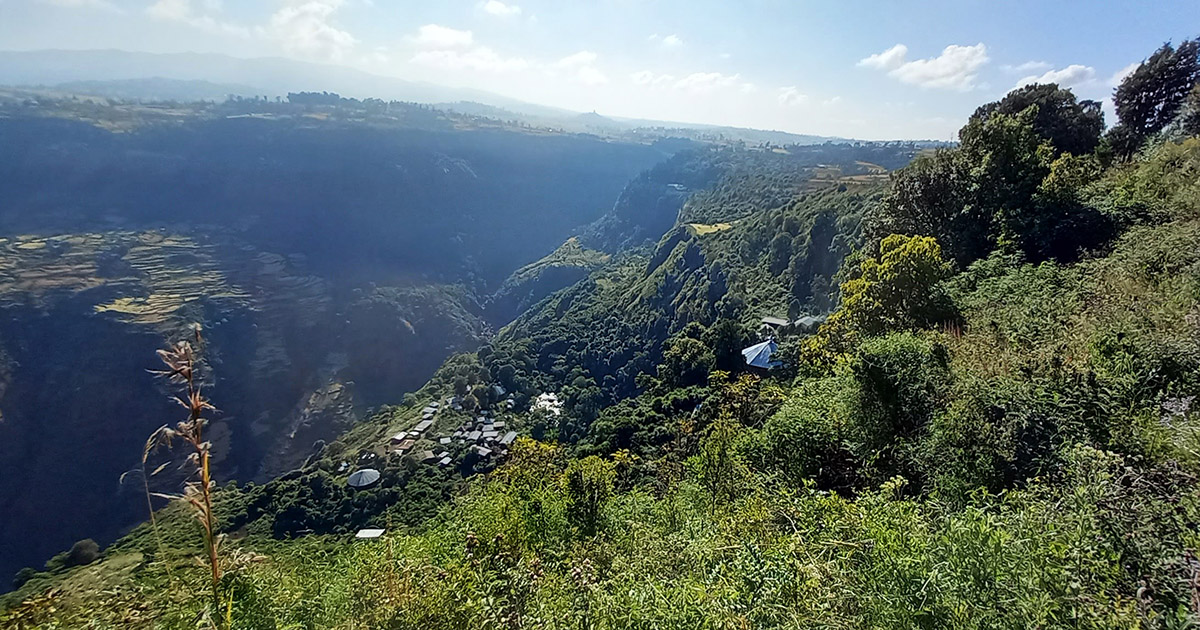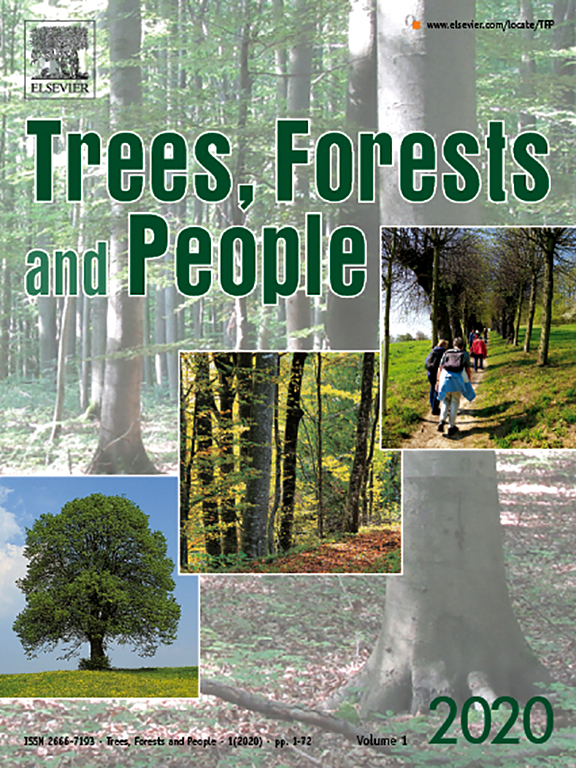The coffee sector is of crucial importance to Ethiopia, directly impacting about one-fifth to one-quarter of the population and contributing around one-third of the country's export revenue. Notably, nearly one-third of these export earnings are from European countries. However, this trade is increasingly challenged by the enforcement of the European Union Deforestation Regulation (EUDR), which seeks to curb deforestation and forest degradation associated with the consumption of certain commodities, including coffee. A core requirement of the EUDR is traceability of coffee to ensure it is produced and marketed free from deforestation. Despite its growing relevance, there remains a paucity of studies examining the implications of the EUDR, particularly with regard to its potential impact on Ethiopia’s coffee export value chain and the country’s level of preparedness. This study was undertaken to assess the compliance of the Ethiopian coffee value chain with the EUDR by collecting data from both primary and supporting value chain actors and stakeholders. The analysis employed the Structure-Conduct-Performance framework. The findings reveal that forest and semi-forest coffee production systems, as well as coffee value chain channels involving investors, cooperatives/unions, and processor-exporters, demonstrate greater alignment with EUDR requirements, owing to their product uniformity and traceability. Four categories of incompliance were identified: "Information," "Product," "Market," and "Procedural". To address this, Ethiopia should consider adopting a phase-based compliance approach, expanding cooperative membership and outgrower schemes, enhancing oversight of product aggregation, developing technological support systems for EU operators, strengthening the national taskforce, and providing incentives to smallholder producers. By implementing these measures and reinforcing collaboration with the EU, Ethiopia can maintain access to EU markets. Furthermore, the insights from this study may inform the compliance strategies of other commodities within Ethiopia and offer lessons for other countries with similar regulatory contexts.
DOI:
https://doi.org/10.1016/j.tfp.2025.100978
Altmetric score:
Dimensions Citation Count:

Publication year
2025
Authors
Tefera, B.; Kassa, H.; Zelalem, T.
Language
English
Keywords
coffee, value chains, deforestation, regulations, exports, markets, smallholders, small enterprises, incentives, animal production
Source
Trees, Forests and People. 22: 100978
Geographic
Ethiopia














